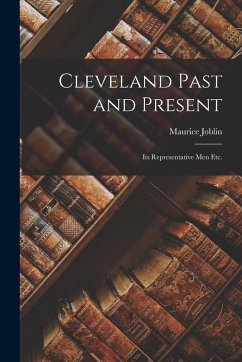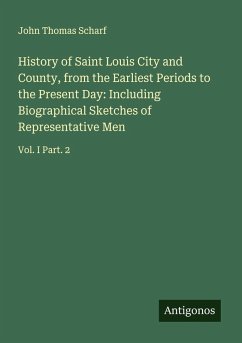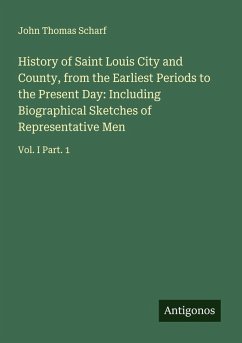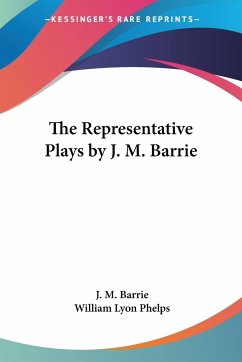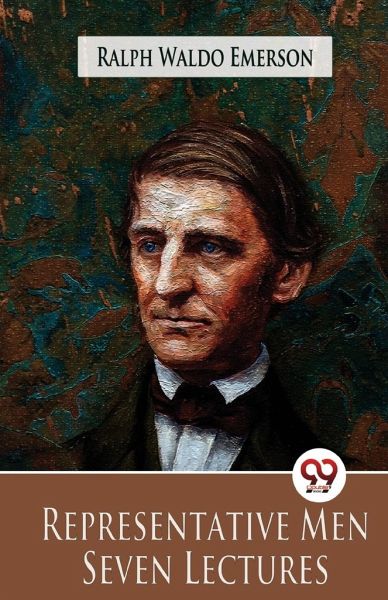
Representative Men Seven Lectures
Versandkostenfrei!
Versandfertig in 1-2 Wochen
12,99 €
inkl. MwSt.
Weitere Ausgaben:

PAYBACK Punkte
6 °P sammeln!
"Representative Men" is a collection of seven lectures given by Ralph Waldo Emerson in the mid-19th century. The lectures explore the lives and ideas of several influential figures from history, including Plato, Shakespeare, Montaigne, Napoleon, and Goethe. Emerson uses these figures as examples of what he calls "representative men," individuals who embody the ideals and principles of their time and culture. He argues that by studying the lives and works of these individuals, we can gain insight into the broader patterns of human history and society. Each lecture focuses on a different figure ...
"Representative Men" is a collection of seven lectures given by Ralph Waldo Emerson in the mid-19th century. The lectures explore the lives and ideas of several influential figures from history, including Plato, Shakespeare, Montaigne, Napoleon, and Goethe. Emerson uses these figures as examples of what he calls "representative men," individuals who embody the ideals and principles of their time and culture. He argues that by studying the lives and works of these individuals, we can gain insight into the broader patterns of human history and society. Each lecture focuses on a different figure and their unique contributions to philosophy, literature, politics, or culture. For example, the lecture on Shakespeare examines his role in shaping the English language and his insights into human nature, while the lecture on Napoleon discusses his military and political achievements. Throughout the lectures, Emerson emphasizes the importance of individualism, creativity, and self-reliance. He argues that these values are essential for anyone seeking to make a meaningful contribution to society and that they can be cultivated by studying the lives of representative men and women from history. Overall, "Representative Men" is a celebration of human potential and a call to action for individuals to pursue their own unique paths in life.





